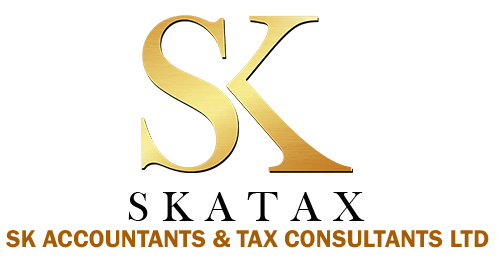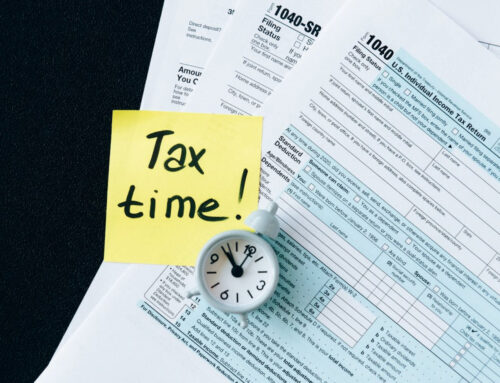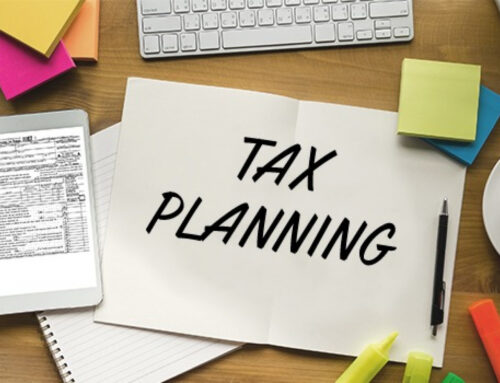As entrepreneurs or small business owners, you should not manage everything without Personal Accountants. The international survey found that 68% of small business accountants owners want to do all tasks with no plans. This poses the risk of losing your hard-earned money. When you realize that your business is not earning enough revenue to cover operational expenses, it will be too late to fix things.
Here are six common accounting mistakes that you should avoid while establishing being a small business owner.
1. Not Hiring an Experienced Finance Professional
You should hire a bookkeeper or professional Certified public accountants for your small business. They will manage your bank accounts, expense tracking, tax planning, and staying on top of payroll, typically on industry-standard accounting software.
Check the license of your accountant to verify that he is a professional Certified public accountant.
2. Not Following Regular Business Expenses
When records management is not proper, more problems come in the way of a growing business, and accounting loses its effectiveness.
Improper financial tracking eventually costs you a lot.
Your accounting system should record every transaction accurately to estimate the progress and success of small business owners’ strategies.
In a joined system, the software attaches multiple financial transaction-related functions that small business owners engage in, including but not limited to tracking bank deposits and withdrawals, paying bills, cutting paychecks, invoicing clients to make all the transactions automatically.
3. Using the Same Bank Account For Personal and Business Transactions
If small business owners and managers don’t have a separate bank account for their business and home, that’s not a good strategy.
Mixing up financial accounts could be a big headache when tax time comes around and, it can create a problem to sort out your personal from business transactions.
Open a separate business bank account apply for a business credit card or, set aside business receipts to avoid a problem while applying for a loan.
4. Fail to Manage Bills
For your business expenses, payroll, and other needs, cash flow is necessary to manage the business activities.
Small business owners should begin invoicing their customers instantly after fulfilling their end of the transaction to tune up their billing management.
5. No Planning for the Tax Period
The tax software is the best for making a simple tax return. It could be the best solution for small business owners looking to save money on an accountant.
Some small business owners do not organize the receipts and documents required to file correct tax return services. They do not arrange their papers in the other 11 months of the year.
The best strategy is to avoid errors and omissions by ensuring that your business uses an accounting system. You can also opt for hiring a qualified tax professional to check in the accounting system periodically.
6. Failing to Classify Employees Properly
If a small business accountant’s owner fails to classify an employee, it means that the state and federal governments miss out on payroll taxes.
To avoid misclassifying employees, determine an employee or contractor by the job they perform.
The last and most important thing small business owners should go through is a tax record. So, The best strategy for all small businesses is to save the following documents for at least ten years:
Payroll tax records
Business tax returns
Business ownership records
Records from operations
Current employee pieces of information
Accountant records
So if you are going to start your business or run a small business, you should avoid all the mistakes. Such blunders can cause irreparable damages to your small business.







